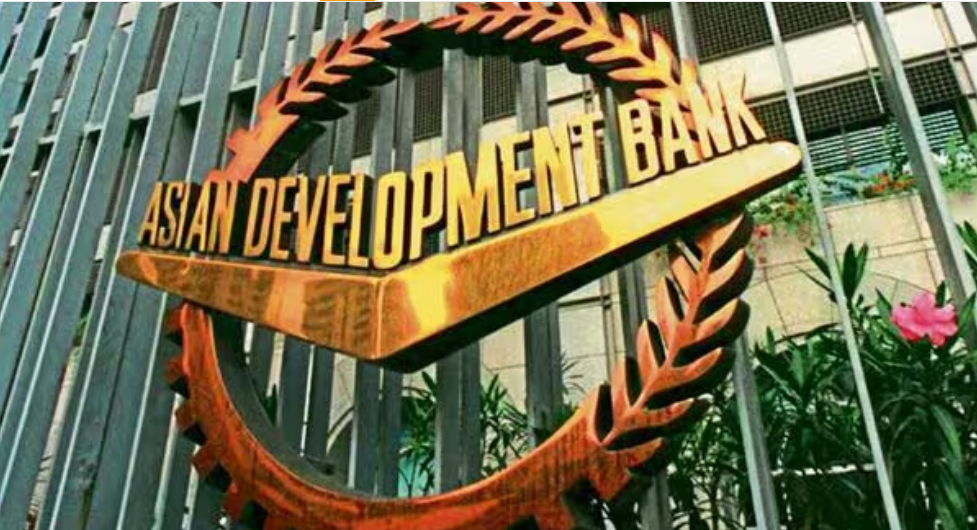Fiji’s economy posted a solid performance in the financial year ending 31 July 2025, according to the Asian Development Bank’s September 2025 Outlook.
Government spending rose by 8.5%, slightly outpacing revenue growth of 8.0%, resulting in a budget deficit of 3.6% of GDP, lower than the 4.5% initially forecast.
While the deficit was slightly higher than FY2024’s 3.4%, the government’s fiscal discipline was commended by the ADB.
Looking ahead, a larger fiscal deficit of 6.0% of GDP is targeted for FY2026, as public expenditure is expected to grow by 8.8% in response to a projected global economic slowdown, states ADB.
“Key spending priorities for the upcoming fiscal year include raising civil service salaries, expanding social welfare, and tackling pressing national issues such as the HIV crisis,” said ADB.
Significant investments are also planned in water and health infrastructure to improve public service delivery.
Despite these increases, public debt is expected to remain below 80% of GDP.
“Inflation has been subdued. For the first eight months of 2025, the rate was just 1.1%, with further easing expected due to fiscal measures like the VAT cut from 15% to 12.5%, bus fare subsidies, and reduced customs duties on selected food items starting in August.”
The ADB projects moderate inflation in 2026, helped by ongoing reforms and falling global oil prices.
However, the ADB cautioned that Fiji remains vulnerable to external shocks due to limited fiscal buffers and climate risks.
“Still, new investments in coastal protection and water security are expected to strengthen resilience and boost confidence.”



